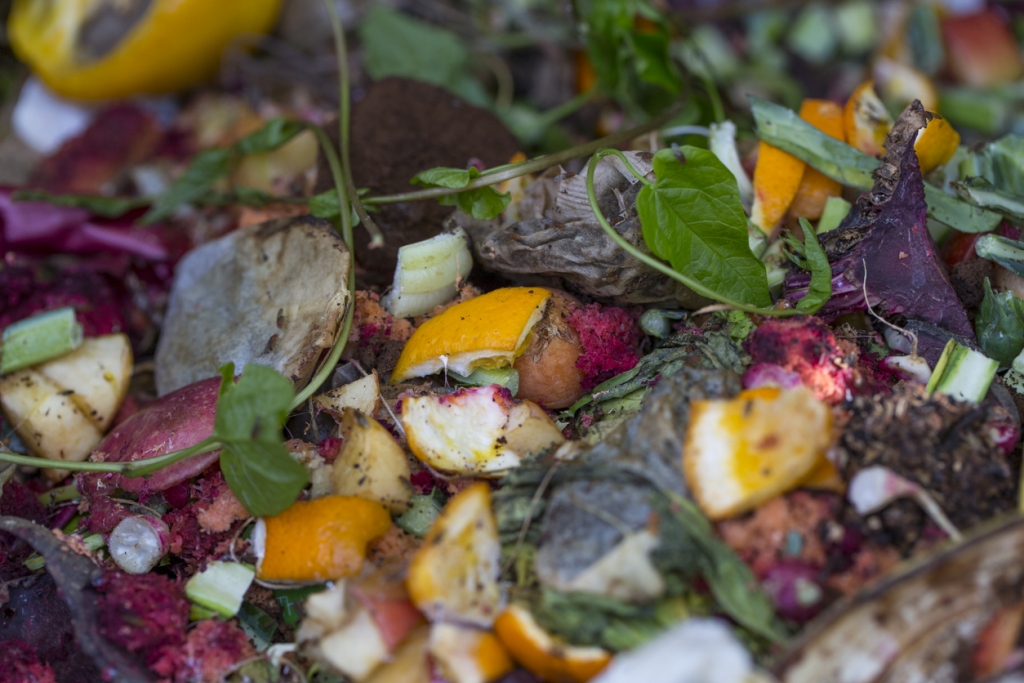
Zest Recycle
Start fresh
With COP26 in full swing, Zest Recycle has decided to delve into the subject of climate change, the way that the waste industry is contributing towards it, and how waste management companies need to adapt in order to meet essential targets.

The Paris Agreement & United Nations Global Climate Change Conference
Before we take a look at the effects of waste management on climate change in more detail, let’s first provide some context.
COP26 is the United Nations Global Climate Change Conference. For nearly three decades, the UN has been bringing together almost every country on earth for global climate summits – called COPs – which stands for ‘Conference of the Parties’. In that time, climate change has gone from being a fringe issue to a global priority.
This year will be the 26th annual summit. With the UK as president, COP26 takes place in Glasgow.
At COP21 in 2015, the Paris Agreement was put forward. The Paris Agreement is a legally binding treaty, the goal of which is to limit global warming to below 2 degrees Celsius – ideally to 1.5 degrees Celsius. The treaty was adopted by 196 different parties and came into play on 4 November 2016.
This latest conference to kick of this week has already seen a number of major announcements with more than 100 countries representing 85% of the world’s forests, agreeing to end and reverse deforestation by 2030 and scores of world leaders signing a pledge to slash potent methane gas by 30% by 2030.
The effects of waste on climate change
So, where does the waste industry fit into this picture?
As you can appreciate, climate change is a very broad subject with a huge number of contributing factors, of which waste supposedly accounts for around 3-5%. Combustion engine vehicles, for example, are a far more prominent issue.
That said, David C. Wilson, a waste management professor at Imperial College London, believes that the waste industry contributes a lot more than the 3-5% of emissions that most believe, we just simply don’t have the numbers to properly substantiate it.
According to a recent IPCC report, waste management activity across the globe, such as landfills, accounts for 64,000,000 tonnes of methane emissions every year. Given that this has been the case since 2008-2017, we can estimate that over 600,000,000 tonnes of methane has been produced as a result of waste management activity over the past 13 years. It’s also become clear that waste generation globally is increasing annually and won’t reach its peak until at least 2100.
One of the largest contributing waste streams to greenhouse gas emissions is food waste, as food waste is one of the biggest producers of methane. Looking at the complete carbon footprint of food waste, from farmyard to table, it accounts for around 6% of all greenhouse gas emissions globally.
In the run up to COP26 the government has brought forward a number of changes to the Environment Bill, including measures that could allow ministers to introduce charges for all single use disposable items not just plastic, but many many leading figures in the industry believe that waste and resources are not given a high enough platform on the main stage when it comes to climate change and more needs to be done to get the recycling higher up the agenda in emissions discussions. The executive director of the Environmental Services Association (ESA) Jacob Hayler, commented “We tend to get overlooked as a sector and the reason for that is it tends to be landfill that gets most of the attention, and the rest of our emissions get disaggregated.”

Climate problems we’re facing today
Despite our recent efforts to tackle the climate crisis, the IPCC report indicates that, unless immediate and profound action is taken to reduce greenhouse gas emissions, the Paris Agreement’s target of 1.5 degrees Celsius – or even 2 degrees Celcius – will be unachievable and the global surface temperature will continue to rise until at least 2050.
What’s more, some of the changes that have already been set in motion will be irreversible. For example, rising sea levels will take hundreds if not thousands of years to return to normal, if ever. We can also expect to see heatwaves, droughts and severe flooding as temperature limits are shattered around the globe.
Despite this, the UK’s net zero carbon target remains. That is, in 2019, the government made amendments to the Climate Change Act which committed the UK to achieve net zero carbon by 2050. And earlier this year, the government set in law an even more ambitious carbon target: to cut emissions down 78% by 2035 compared to levels in 1990.
Harnessing waste as a resource
Globally, one of the biggest problems that we’re facing when it comes to waste is that what is currently being dumped could be recovered and recycled in order to create economic opportunities. For example, it’s estimated that Africa could generate the equivalent of an additional £6,000,000,000 annually if the waste that was currently being dumped was put back into use.
As waste managers, then, the onus is on us to do what we can to promote harnessing waste as a resource wherever possible. Here are some thoughts on what can be done right now:
- Start teaching the concept of a circular economy and how we can start putting measures in place to make this concept a reality.
The key premise of a circular economy is to move away from our current ‘take, make, waste’ economy to one where materials are kept in circulation for as long as possible, and waste and pollution are eliminated entirely. For example, a paper from the Ellen Macarthur Foundation found that when circular economy strategies are applied to five key industrial materials (cement, plastics, steel, aluminium and food), emissions could be reduced 40% by 2050. - Given that food waste is such a huge contributor to greenhouse gas emissions, this should be a key area of research and development for the waste management industry.
- As waste managers, we shouldn’t just be looking to collect and recycle our clients’ waste, we should also look to help them optimise their waste processes so they produce less waste in the first place, and identify opportunities to reuse materials where possible. It’s this sort of thinking that will help us drive down greenhouse gas emissions for good.
What Zest Recycle is doing to tackle the climate crisis
As a leading UK waste management company, the team here at Zest Recycle understands that it’s our duty to make our contribution count towards tackling the climate crisis.
As a business we help manage our clients’ waste as sustainably as possible, looking for opportunities to prevent and minimise waste in the first place and then helping businesses to extract as much resource for recycling as possible.
To take this another step forward, we are looking to publish our own strategy for achieving net zero carbon, as well as carrying out a survey of all of our suppliers so we can build a clearer picture of our supply chain’s pathway to net zero carbon. Not only does this ensure that we are being as transparent as possible, but it also arms us with the information we need to improve our efforts in tackling climate change.
If you would like to learn more about what Zest Recycle is doing to tackle climate change, or if you’re a commercial enterprise who thinks that they could benefit from our strategic eye, give Zest a call today.